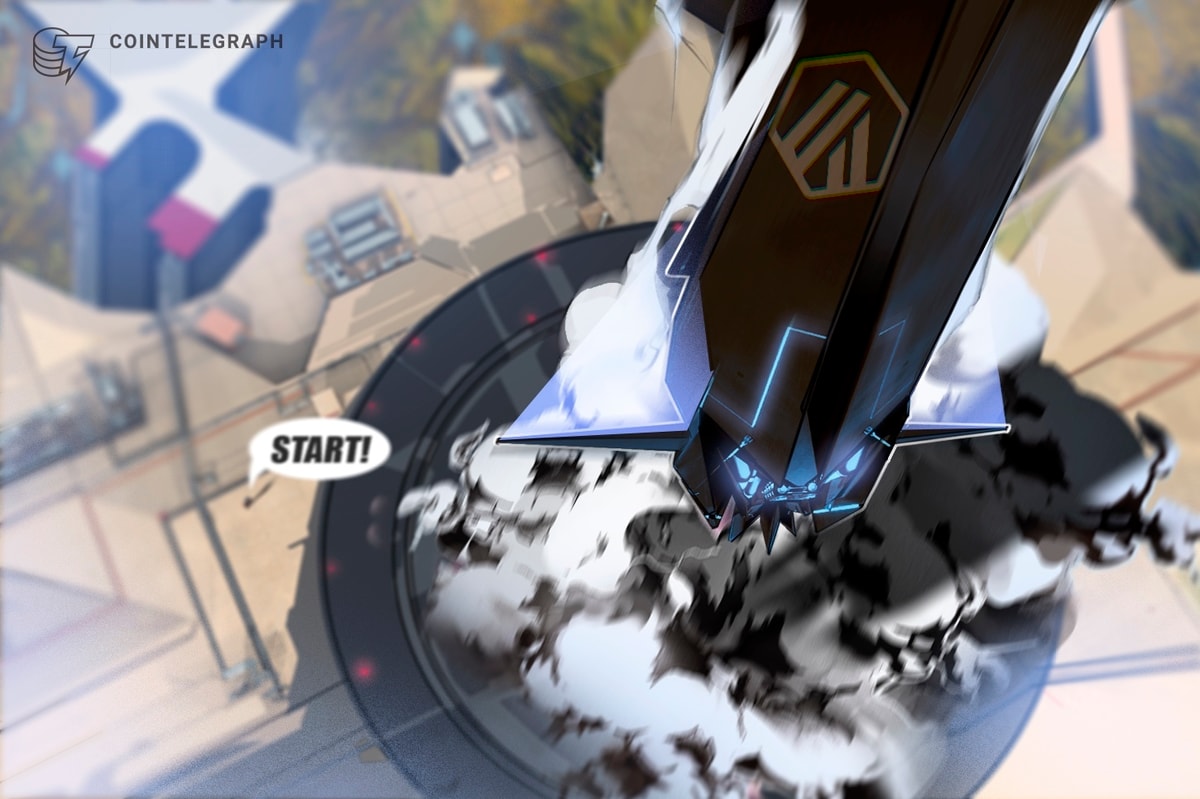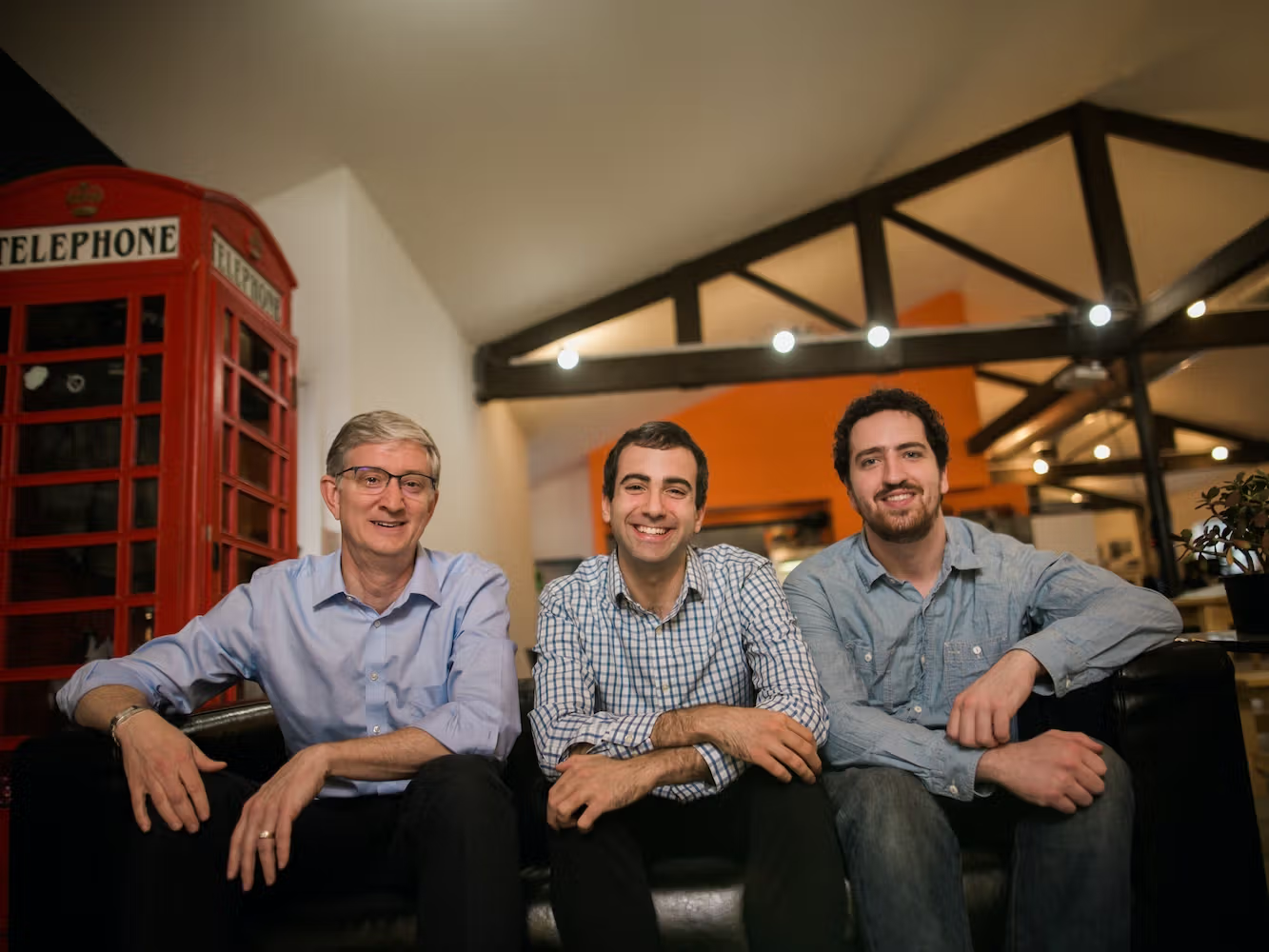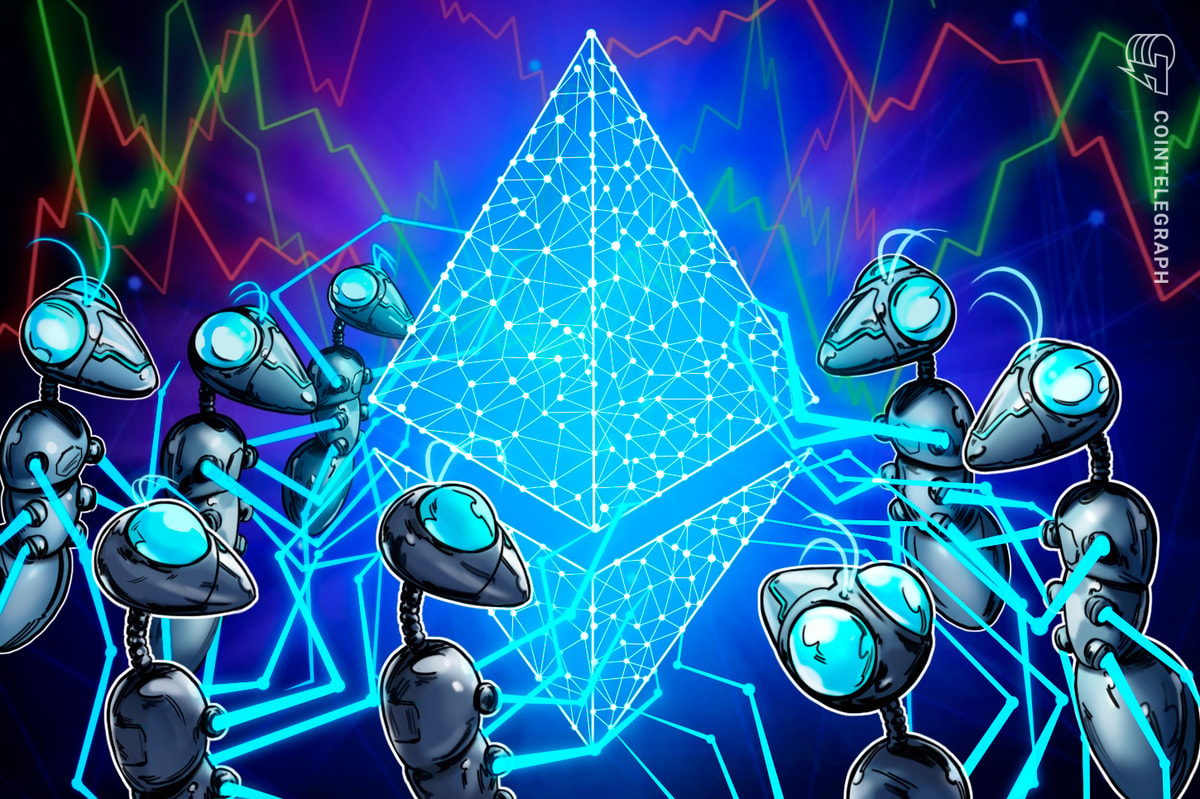
Hoping to amplify competition across multiple communities, the creators of the play-and-earn NFT game Alien Worlds today announced the launch of in-game DAOs—or decentralized autonomous organizations—under a new Planetary Syndicates model.
Alien Worlds is an NFT-driven game in which users collect and trade unique digital items minted primarily on the WAX blockchain. Players compete to earn Alien Worlds’ in-game token, Trilium (TLM), which is needed to control one of the six rival DAOs. Alien Worlds’ token is also available on Ethereum, and its token and some NFTs are also located on BNB Chain.
A DAO is an online community united by a shared cause or goal, with an organizational structure in which control is spread out amongst the community rather than centralized and hierarchical. DAOs use smart contracts—code that powers autonomous applications—with participants using governance tokens to vote on various proposals.
“It’s the first time in history that DAOs have been put inside a game to compete against each other as teams and hold or create their own NFTs,” Alien Worlds co-founder Sarojina “Saro” McKenna told Decrypt.
As McKenna explained, Syndicate members earn governance tokens by staking TLM, after which point they can cast votes to help manage the DAO and its digital assets. The in-game DAOs can also collaborate and compete against other groups. Although Alien Worlds spans three blockchain platforms in various ways, the DAOs are built specifically on WAX.
“These DAOs are on WAX because you can build good protocol-level [multi-sig wallets], which lend themselves to secure, powerful, scalable delegated democracy DAOs,” McKenna said.
An issue with DAOs, McKenna continued, is the under-involvement of members compared to the sizable treasuries that they sometimes have. “Conversely,” she added, “you can also have pure rent-seeking where a few whales drain the funds.”
McKenna said that building on WAX allowed Alien Worlds to create “good delegated democracy DAOs.” In the future, McKenna sees more of these types of DAOs building on blockchains compatible with the Ethereum Virtual Machine (EVM) as multi-sig tools continue to improve.
“It’s great to have an active community that loves the metaverse and is building their own cool stuff,” McKenna said. “It’s great to have scale, because scale plus decentralization equals the potential for long-term, stable growth.”
NFTs are cryptographically unique tokens linked to digital and physical content, providing proof of ownership, authenticity, or membership in a group. In Web3 games, NFTs allow players to truly own the unique digital assets they purchase, like pet monsters or starships, and they are free to trade or sell those NFTs as they please.
While Alien Worlds doesn’t have the massive NFT trading volume of the Ethereum-based game Axie Infinity in its prime, blockchain data suggests that it has a sizable contingent of active players. DappRadar reports that some 635,000 unique wallets have connected to the game over the past 30 days, putting it behind only Solana/BNB gaming platform, Gameta.
It’s unclear, however, how many individual users each of those wallets represents. Alien Worlds’ terms of service bar players from using multiple wallets to gain an advantage, but McKenna said that there’s no way to know for sure that players aren’t getting around that stipulation.
“We [try to] make it unattractive to ‘game’ Alien Worlds (i.e., play with more than one account),” she told Decrypt, “so that our active players have a great experience.”
According to data from the WAX NFT marketplace Atomic Hub, Alien Worlds NFTs on the platform have generated a total volume of about $42.7 million worth of trading volume to date but only about $4,600 worth over the past 24 hours.
Stay on top of crypto news, get daily updates in your inbox.
Read More: decrypt.co








 Bitcoin
Bitcoin  Ethereum
Ethereum  Tether
Tether  XRP
XRP  Solana
Solana  USDC
USDC  Cardano
Cardano  Dogecoin
Dogecoin  TRON
TRON  Lido Staked Ether
Lido Staked Ether  Wrapped Bitcoin
Wrapped Bitcoin  LEO Token
LEO Token  Chainlink
Chainlink  Pi Network
Pi Network  Toncoin
Toncoin  USDS
USDS  Stellar
Stellar  Wrapped stETH
Wrapped stETH  Hedera
Hedera  Avalanche
Avalanche  Shiba Inu
Shiba Inu  Sui
Sui  MANTRA
MANTRA  Litecoin
Litecoin  Bitcoin Cash
Bitcoin Cash  Polkadot
Polkadot  Ethena USDe
Ethena USDe  Bitget Token
Bitget Token  WETH
WETH  Binance Bridged USDT (BNB Smart Chain)
Binance Bridged USDT (BNB Smart Chain)  Hyperliquid
Hyperliquid  WhiteBIT Coin
WhiteBIT Coin  Wrapped eETH
Wrapped eETH  Monero
Monero  Uniswap
Uniswap  sUSDS
sUSDS  Dai
Dai  Aptos
Aptos  OKB
OKB  NEAR Protocol
NEAR Protocol  Pepe
Pepe  Internet Computer
Internet Computer  Mantle
Mantle  Gate
Gate  Ethereum Classic
Ethereum Classic  Ondo
Ondo  Tokenize Xchange
Tokenize Xchange  Aave
Aave  Coinbase Wrapped BTC
Coinbase Wrapped BTC